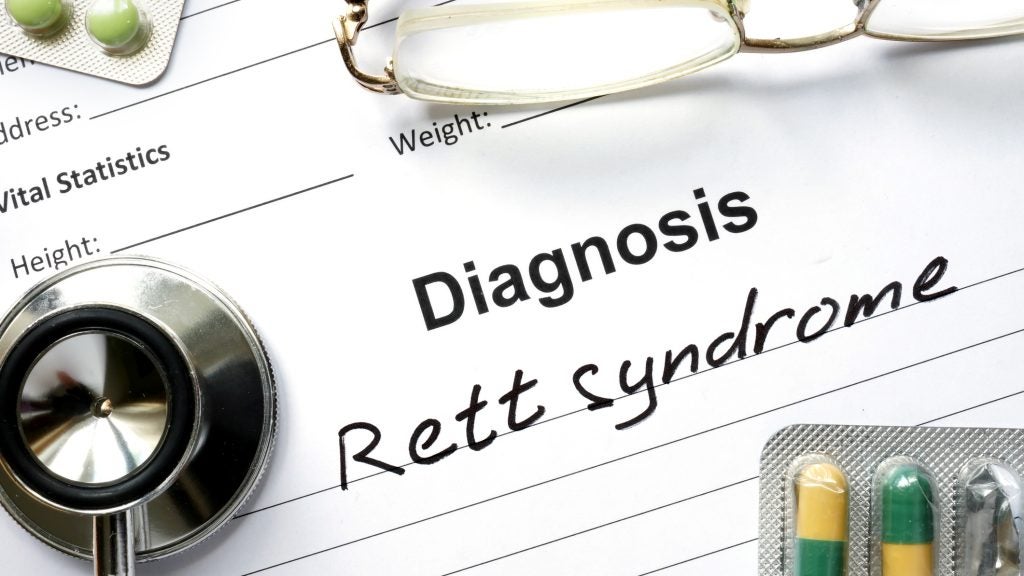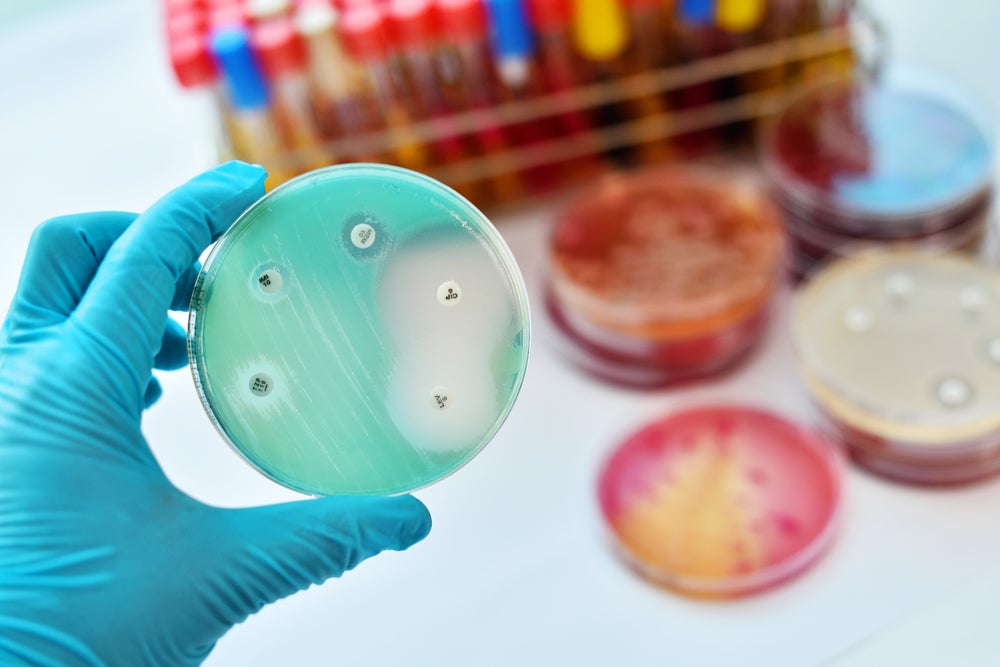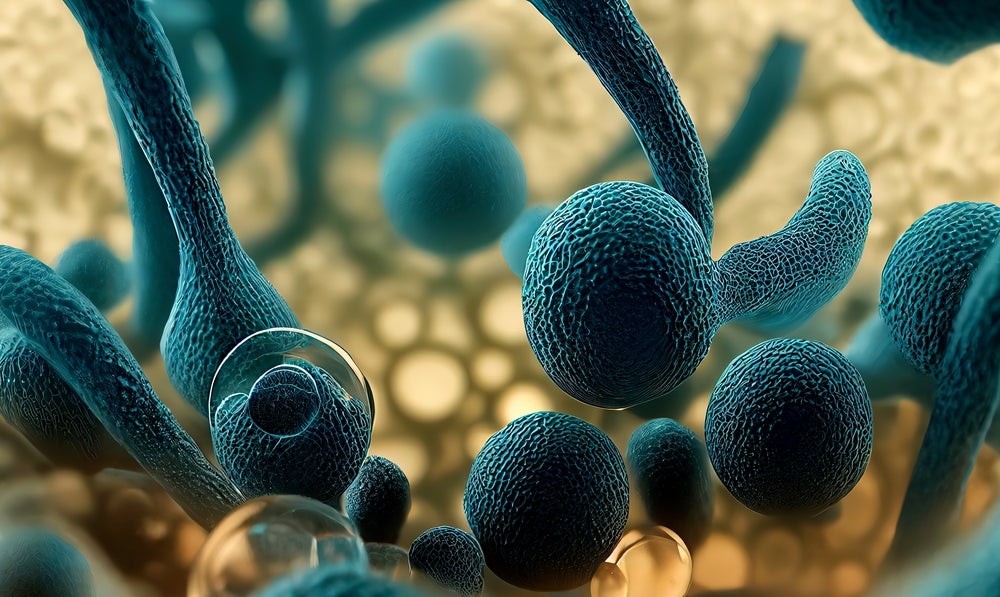Allogene Therapeutics has been granted a patent for polynucleotides encoding CD19-specific CARs that resist rituximab binding, along with methods for making and using these CARs in immune cells like CAR-T cells. The patent claim specifies the sequence and promoter required for expression in mammalian T cells. GlobalData’s report on Allogene Therapeutics gives a 360-degree view of the company including its patenting strategy. Buy the report here.
According to GlobalData’s company profile on Allogene Therapeutics, Cytokine activate T-cell based compositions was a key innovation area identified from patents. Allogene Therapeutics's grant share as of February 2024 was 6%. Grant share is based on the ratio of number of grants to total number of patents.
Patent granted for cd19-specific cars resistant to rituximab
A recently granted patent (Publication Number: US11896617B2) discloses an isolated polynucleotide encoding a polypeptide with an anti-CD19 chimeric antigen receptor (CAR) that lacks a rituximab binding site. The polynucleotide includes a nucleic acid sequence with at least 90% identity to a specific sequence and a short EF1a promoter for expression in mammalian T cells. Additionally, the polypeptide may contain a safety switch, a CD34 epitope, and a CD8 hinge/transmembrane domain, among other features.
Furthermore, the patent covers a vector containing the isolated polynucleotide, various engineered immune cells expressing the anti-CD19 CAR, and pharmaceutical compositions comprising these cells and a pharmaceutically acceptable excipient. The engineered immune cells, which can be T cells, NK cells, dendritic cells, or others, are designed to be resistant to rituximab and may be either autologous or allogeneic. The patent also specifies different levels of nucleic acid sequence identity to a particular sequence, ranging from 95% to 99%, further detailing the composition and characteristics of the disclosed polynucleotide.
To know more about GlobalData’s detailed insights on Allogene Therapeutics, buy the report here.
Premium Insights
From

The gold standard of business intelligence.
Blending expert knowledge with cutting-edge technology, GlobalData’s unrivalled proprietary data will enable you to decode what’s happening in your market. You can make better informed decisions and gain a future-proof advantage over your competitors.







